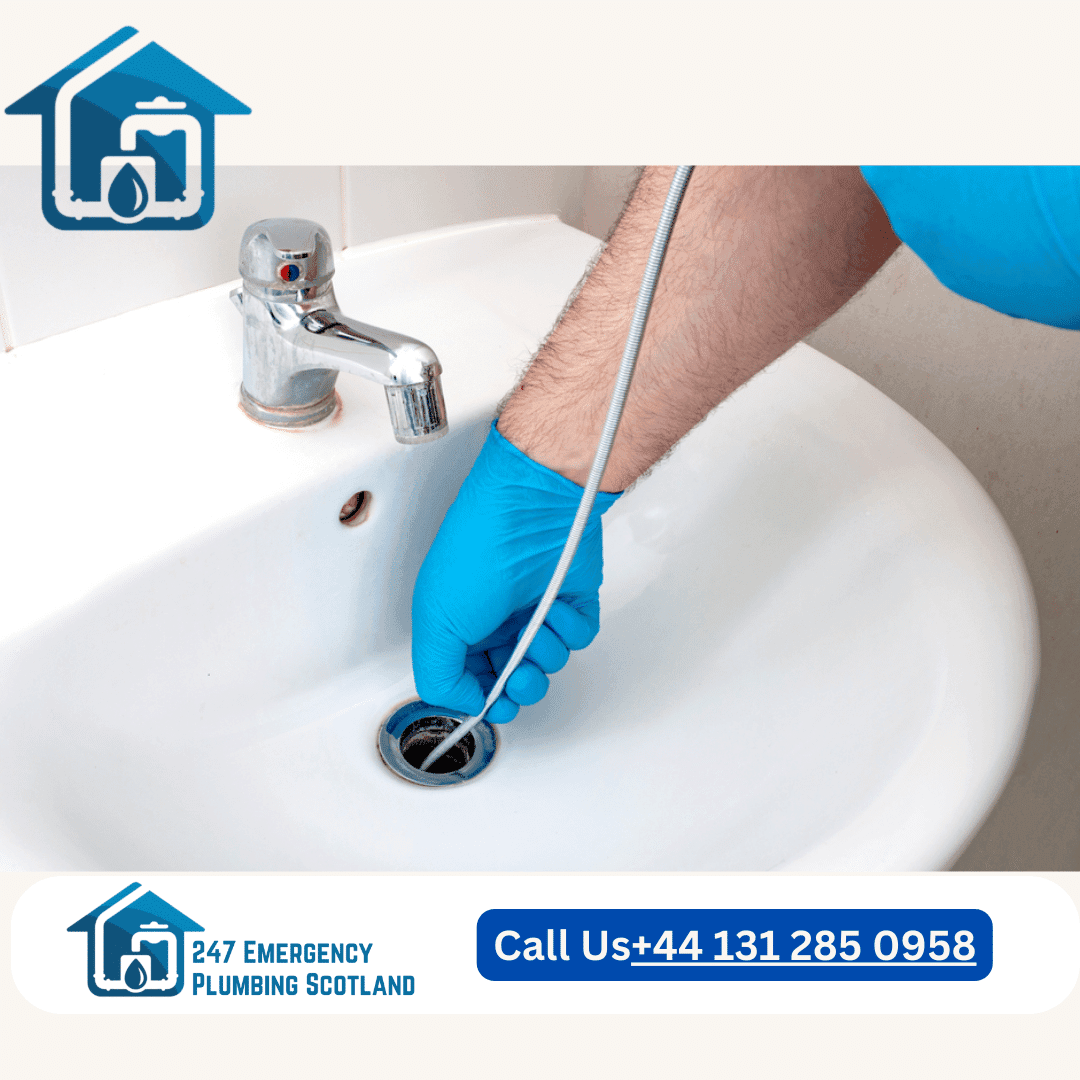Our Prices
Water Heater Replacement: A Complete Guide to Efficient Solutions
Water heaters play an essential role in providing hot water for daily use. However, like any appliance, they have a limited lifespan. When a water heater begins to fail, knowing when to replace it and understanding the replacement process can save you time, money, and inconvenience. This article delves into water heater replacement, discussing signs, options, and when to call a professional for help.
Signs That Your Water Heater Needs Replacement
Recognizing the signs that indicate your water heater is nearing the end of its life is crucial for timely replacement. Here are some common symptoms:
1. Age of the Water Heater
Most water heaters last between 8 to 12 years. If yours is within or beyond this range, it may be time to consider a replacement.

2. Rust and Corrosion
Rusty water or rust on the water heater itself indicates that corrosion is affecting the tank. This is a clear sign that your water heater might need replacing soon.
3. Insufficient Hot Water
If your water heater struggles to provide enough hot water for your household, it could be due to sediment buildup or a failing heating element.
4. Leaks and Moisture Around the Tank
Leaks around the water heater tank signal internal damage. This issue can only worsen over time and typically requires immediate emergency plumbing services.
Choosing the Right Water Heater Replacement
When replacing your water heater, understanding the available options will help you choose the best fit for your needs:
1. Tankless Water Heaters
Tankless or on-demand water heaters provide hot water only as needed. They are energy-efficient and save space, making them a popular choice for modern homes.

2. Storage Tank Water Heaters
Traditional storage tank water heaters come in various sizes and are more affordable upfront. These models are suitable for larger households.
3. Heat Pump Water Heaters
These energy-efficient water heaters use heat from the air or ground to warm water, consuming less electricity compared to conventional types.
4. Solar Water Heaters
Solar water heaters harness energy from the sun, providing an eco-friendly option. While installation costs are higher, they offer long-term savings on energy bills.
For detailed comparisons, visit our heating services page.
Steps to Replace a Water Heater
Replacing a water heater involves several steps to ensure safety and functionality:
1. Turn Off the Power and Water Supply
Ensure the power (electricity or gas) and water supply to the existing heater are turned off before starting the replacement process.
2. Drain the Tank
Connect a hose to the drain valve and direct the water outside or to a drain. This helps remove any remaining water and sediment.
3. Disconnect the Old Water Heater
Detach the water lines, power supply, and any other connections.
4. Position and Connect the New Water Heater
Move the new heater into place, secure it, and connect the water lines and power supply. Ensure all connections are tight and secure.
Benefits of Replacing Your Water Heater
Replacing an old water heater comes with several benefits:
- Improved Energy Efficiency: Modern water heaters are designed to use less energy, reducing utility bills.
- Enhanced Hot Water Supply: Newer models can provide a more reliable and ample hot water supply.
- Peace of Mind: A new water heater reduces the risk of unexpected breakdowns and costly repairs.
Our residential plumbing services and commercial plumbing services can help with any water heater replacement needs.
When to Call a Professional
If replacing your water heater seems complex or if you’re dealing with leaks or installation concerns, it’s best to call a professional plumber. They have the tools and expertise needed to handle the process safely and efficiently.
Explore our cornerstone article on plumbing tap and related articles, such as water heater leaking and drain cleaning services, for additional guidance.
Conclusion
Replacing your water heater is essential for maintaining efficient and reliable hot water in your home. Recognizing the signs of a failing water heater, choosing the right replacement, and knowing when to call a professional can make the process smoother. For expert assistance, contact us today or visit our drainage services page for more information.
FAQs
How long does a water heater last?
Most water heaters last between 8 to 12 years, depending on the type and maintenance.
How do I know if my water heater needs to be replaced?
Signs include rusty water, insufficient hot water, leaks, and the age of the heater.
Can I replace my water heater myself?
While possible, replacing a water heater requires knowledge of plumbing and safety measures. It’s often best to call a professional.
What type of water heater is best?
This depends on your needs and budget. Tankless models are energy-efficient, while traditional storage tanks are more affordable upfront.
For more information, check out these helpful resources:












